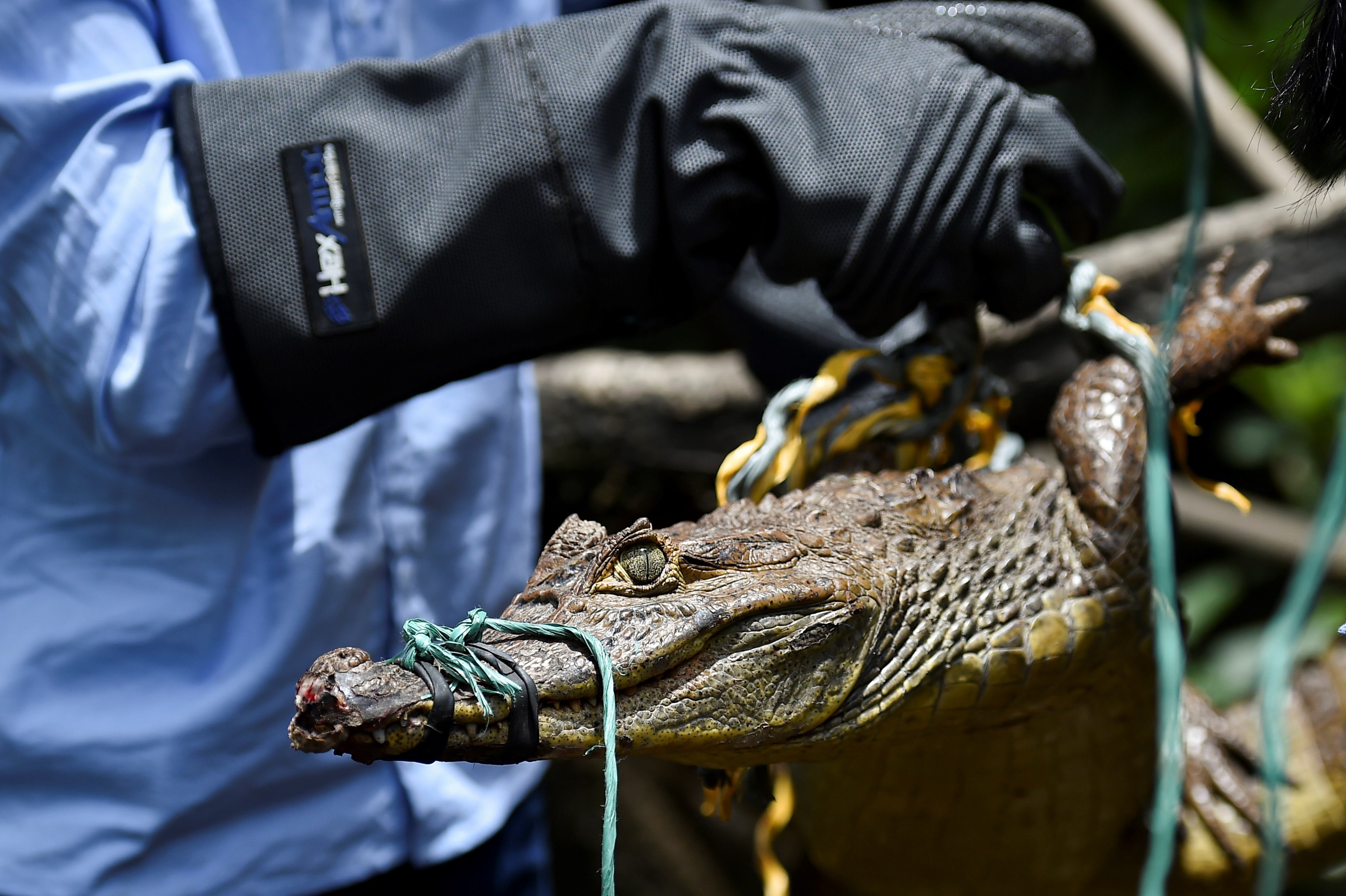Illegal wildlife trade intrinsically linked to drugs and weapons trafficking, report finds

In April 2019, customs officials in Dhaka, Bangladesh, seized 80 turtles and 12 gold bars from a passenger arriving from Thailand. It was not the first time when a passenger was involved in the illegal shipment of a wildlife species alongside another illicit product.
But a report has now found the links between the illegal trade of wildlife and other goods might be much deeper than presumed.
The study, published by the Center for Advanced Defense Studies (C4ADS) as part of the USAID Reducing Opportunities for Unlawful Transport of Endangered Species (ROUTES) Partnership, found the routes, networks and methods used for illegal trafficking of wildlife are intrinsically linked to the illicit trade of drugs, weapons and other products.
Researchers analysed the instances of trafficking in air transport between 2015 to 2019 and found illegal trade of wildlife and other non -wildlife products were often connected in one of five ways - transported in the same shipment, coordinated by the same organisation, exploiting the same routes, passing through the same hub (such as a city or airport) or travelling through the same jurisdiction.
Such is the level of convergence in the illegal trade of animals and other items, about two-thirds of cities known for wildlife trafficking instances between 2015 and 2019 were also used to traffic other illicit products such as drugs and weapons, the study found.
Stop the Illegal Wildlife Trade
We are working with conservation charities Space for Giants and Freeland to protect wildlife at risk from poachers due to the conservation funding crisis caused by Covid-19. Help is desperately needed to support wildlife rangers, local communities and law enforcement personnel to prevent wildlife crime. Donate to help Stop the Illegal Wildlife Trade HERE
Further, the researchers said, flight routes between Malaysia and Hong Kong were widely exploited to move both illicit wildlife such as carved ivory, helmeted hornbill casques and drug products like heroin and methamphetamines.
Approximately 90 per cent of the illicit shipments were thought to have been seized on arrival, suggesting vulnerabilities in the departure infrastructure of the aviation facilities at both points.
The study argued that if this high degree of convergence between the trafficking industry could be closely examined, then it could help identify fundamental vulnerabilities in air transport and, in turn, could “substantially diminish the ability of criminals to exploit this infrastructure.”
This is because the criminals operating in different black markets rely on the same vulnerabilities in finance, communications and transportation systems, researchers said.
“Data on the convergence of illicit activity at each level can be leveraged to shed light on transnational trafficking operations,” said Ben Spevack, lead author and Senior Analyst at C4ADS.
The study called for improved sharing of convergence data among authorities, urging the law enforcement officials to increase the public reporting of the seizures.
The authors of the research further emphasised the need to treat wildlife trafficking as an integral part of transnational crime.
“Approaching the issue in singularity inhibits counter-trafficking efforts across the whole spectrum of illicit trades, all of which threaten national security, human well-being and contribute towards corruption,” said Michelle Owen, ROUTES lead.
The Independent is working with conservation charities Space for Giants and Freeland to protect wildlife at risk from poachers and traffickers through its Stop the Illegal Wildlife Trade campaign.
Subscribe to Independent Premium to bookmark this article
Want to bookmark your favourite articles and stories to read or reference later? Start your Independent Premium subscription today.

Join our commenting forum
Join thought-provoking conversations, follow other Independent readers and see their replies